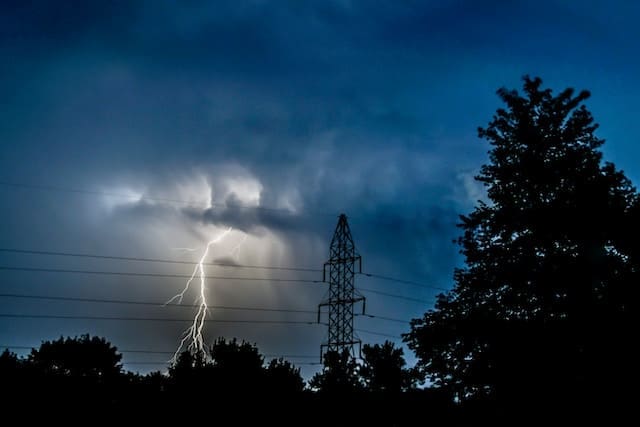A power outage can cause a lot of financial loss for businesses. Businesses can’t operate without a reliable energy source, from inoperable equipment to crashed communication networks.
The most common cause of power outages is weather. However, other natural disasters like mudslides and tidal waves can also affect the availability of electricity.
Loss of Productivity
Many businesses have complex systems to collect data and run various functions. A power outage disrupts this system, costing businesses money through lost data and diminished productivity. It can also damage equipment, leading to costly repair bills.
The loss of data may be the biggest problem from a power outage. Many businesses use their data to make forecasts, create strategies and generate leads. The loss of this data could set back a company for days, which eats into operating budgets and can cause the loss of future business.
Businesses that rely on technology for sales, inventory control, and other purposes lose revenue when their websites and services go down during a power outage. If customers can’t access your products or find the information they need, they’ll look elsewhere.
Retail stores, entertainment venues, and financial institutions rely on electrical power to operate their points of sale, security systems, and other essential components. During a power outage, these systems shut down, losing sales and potentially valuable customer loyalty data. The problems don’t always stop when the power returns, either. Unprotected equipment plugged in during the outage can experience damaging power surges when plugged back in, leaving it damaged for good. This expensive lesson can be avoided with a reliable backup power supply or surge protector.
Loss of Revenue
Power outages cause companies to lose money in several ways. They can prevent a company from operating its business and damage its reputation with customers. In addition, a power outage can cost businesses thousands of dollars an hour in lost revenue.
Modern businesses have become highly dependent on technology to operate efficiently and serve their customers better. Point-of-sale (POS) terminals, smart lighting, thermostats, and automated inventory tracking systems all require a steady flow of electricity. Without this power, your business will lose money because employees can’t work and customers won’t visit your store.
Many businesses have backup generators that provide emergency power to keep essential processes running when the primary energy source is interrupted. However, these generators require maintenance, testing, and fuel to function correctly. That can add up to a big chunk of your operating budget, so mitigating the effects of power outages as much as possible is essential.
From data centers and medical facilities to retail outlets, financial corporations, and entertainment venues, a lack of power can bring any business to a screeching halt. It’s hazardous for food processing factories and pharmaceutical companies that need uninterrupted power to maintain the quality of in-process products. Even a short power outage in these industries can result in millions of dollars worth of products being discarded due to spoilage or contamination.
Loss of Reputation
A power outage can affect a business’s reputation. This is especially true for businesses that rely on customer service to drive sales. When a call center isn’t available, and customers can’t reach you, they might turn to competitors who still have their phones answered or online chat services active.
Problems with the distribution system cause most power outages. However, some are planned, such as brownouts or rolling blackouts that are sometimes imposed by utility companies to help manage peak electricity demand during hot summer days when people blast their air conditioners and increase energy consumption.
Other causes of power outages include weather, transmission failure, and human error. The former includes storms, cold weather, ice or snow on wires, and animal interference with the lines.
Transmission failures can also happen, often due to old equipment. However, it isn’t as common as weather-related outages.
Costs of Recovery
Today, businesses rely more on electricity than ten or fifteen years ago. From computers and electronic data storage to security systems and cash registers, a power outage can significantly slow or completely inhibit business functions. Replacing or repairing this equipment is costly and swells operating costs significantly.
Additionally, when the power goes out, your employees won’t be able to do their jobs. For example, call support representatives won’t be able to help customers, which can lead them to go with a competitor who still has power. This also reduces productivity and leads to a loss in revenue.
If you’re a food service company, you may lose a lot of food due to power outages that cause refrigeration equipment to fail. This results in much waste and the need to purchase new food. Similarly, entertainment venues must cancel shows when they can’t project sound or amplify light, resulting in lost revenue.
The financial industry is another area that experiences high losses when the power goes out. Financial corporations can lose millions of dollars in a fraction of a second and need backups to carry out transactions. Without backups, the loss in revenue can be immense, and the recovery process is even more expensive. This is why many companies build the cost of preventative measures and backups into their operating expenses.
Featured Photo by American Public Power Association on unsplash.com




